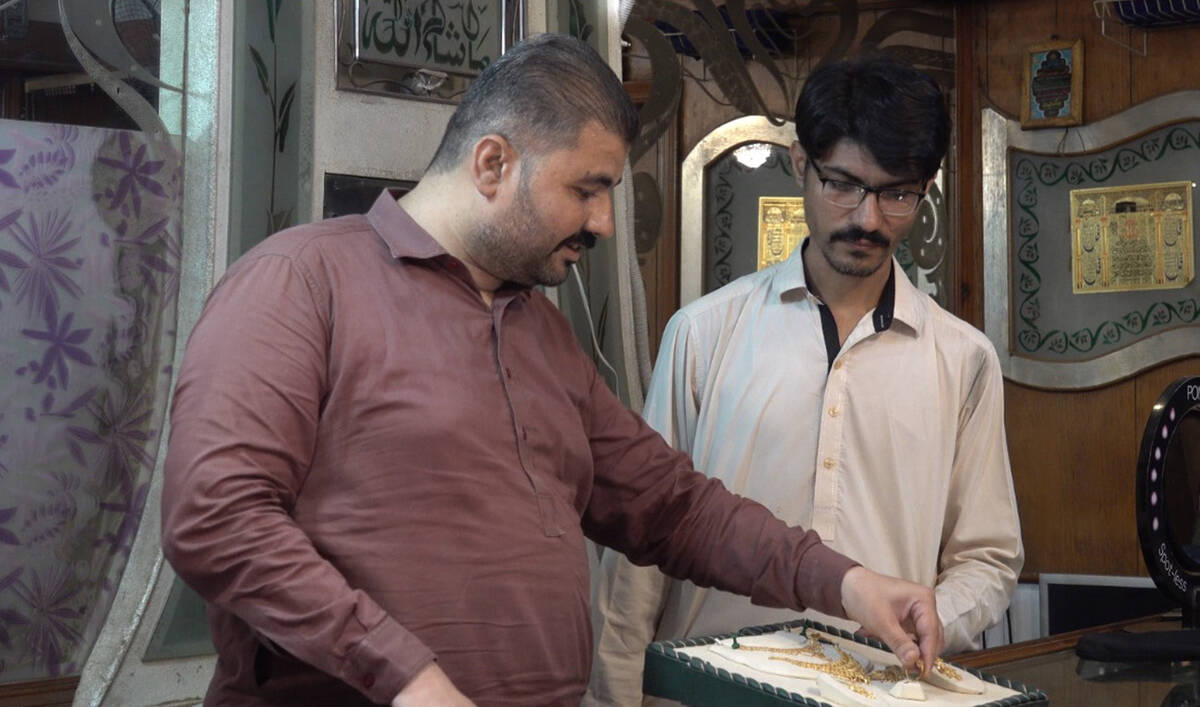ISLAMABAD: Pakistan’s top court will announce the judgment in a high-profile case regarding the allocation of reserved seats in parliament for women and religious minorities on Friday, the Supreme Court said in a notification, with legal experts saying the verdict would have “far-reaching” consequences for Prime Minister Shehbaz Sharif’s ruling coalition and opposition parties.
The Supreme Court on Tuesday reserved its verdict on a set of petitions challenging the denial of reserved seats in parliament to the Sunni Ittehad Council (SIC) party, backed by jailed former prime minister Imran Khan.
A 13-member full court bench began hearing the petitions last month, filed by the chairman of the SIC and challenging the denial of reserved seats to the party and their distribution to other parties that formed the ruling coalition after the Feb. 8 general elections. A supplementary cause list issued by the top court on Thursday said the verdict would be announced at 12:00 p.m. by a full court 13-member bench on July 12, Friday.
“This ruling will definitely have far-reaching consequences for the government, judicial system and the opposition,” Shafqat Abbas Tarar, an advocate and secretary of the Islamabad High Court Bar Association, told Arab News.
Weeks before the national election, the PTI was stripped of its iconic election symbol of the cricket bat on technical grounds, and all its candidates had to contest polls as independents.
After the election in which Khan-backed independents won the most seats overall, they joined the SIC party to claim a share of reserved seats in parliament for women and religious minorities.
Under Pakistan’s election rules, political parties are allotted reserved seats in proportion to the number of parliamentary seats they win in the election. This completes the National Assembly’s total strength of 336 seats.
After the elections, the Election Commission of Pakistan (ECP) ruled in March that the Khan-backed SIC party was not eligible for extra reserved seats in the legislature, dealing a blow to the embattled group’s governing prospects and proving to be a major setback for Khan, who has been in jail since last August.
The ECP’s decision was upheld by the Peshawar High Court but the Supreme Court overruled the verdict, followed by the ECP suspending 77 lawmakers from Sharif’s ruling coalition. The government lost its two-thirds majority in the National Assembly as a result, with its numerical strength decreasing to 209 from 228. In the 336-member National Assembly, the figure to attain the two-thirds majority is 224, without which the government cannot push through constitutional amendments.
Intizar Hussain Panjutha, a focal person for former prime minister Imran Khan, hoped the top court would decide the case in the SIC’s favor.
“We deserve all these 77 seats as per law and the constitution and we hope the Supreme Court will decide in our favor,” Panjutha told Arab News.
He said there is no “ambiguity” over the matter as Pakistan’s constitution clearly states that reserved seats are allocated to parliamentary parties as per their proportional strength in the assemblies.
“There is no ambiguity in it and that’s why we are sure to clinch our share of the reserved seats in the parliament,” Panjutha said.
Sharafat Ali, an advocate of the high court, said the case of reserved seats was a “unique” one, adding that the apex court may seek constitutional interpretation on the matter rather than just allocate the reserved seats to the SIC or other political parties.
“This is a unique case and that’s why judges are taking their time to write the judgment,” Ali told Arab News. “This judgment will not only settle the current dispute of seats allocation but also pave the way for future matters related to elections, party symbols, candidates and procedures to join a party after polls.”
























